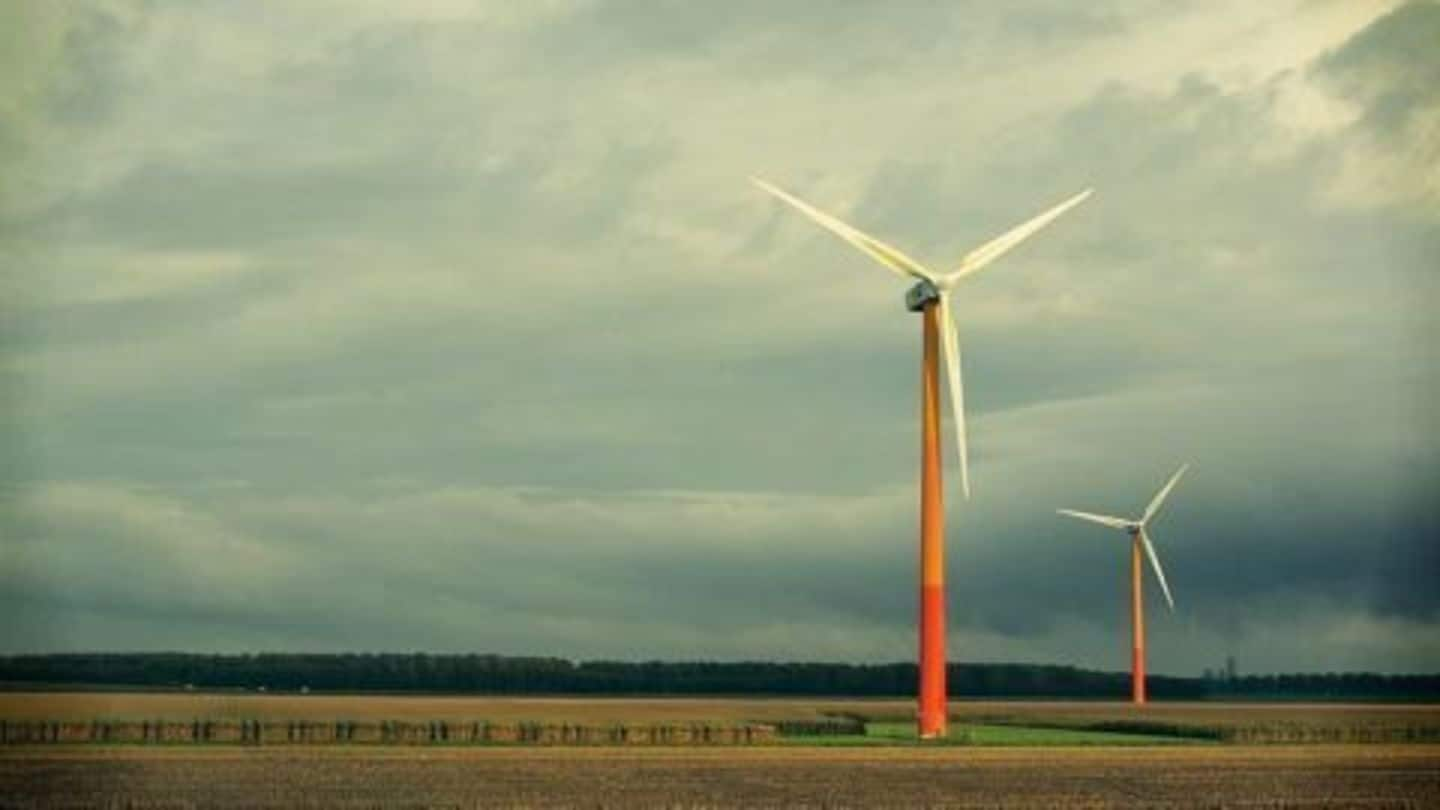
Share of power generated from renewables up by 70%
What's the story
The share of electricity generated from solar and wind energy by the world's 20 largest economies soared by 70%.
The G20 nations are reportedly producing 8% of their total electricity from wind parks, solar farms, and other green energy sources.
Germany is leading the others, thanks to its Energiewende (energy transition) policy; renewable energy now contributes to 36% of the country's electricity mix.
Introduction
What is renewable energy?
The energy collected from resources that are naturally replenished is called renewable energy; sunlight, the wind, tides, geothermal heat, etc. are some of the sources of renewable energy.
Unlike other energy resources that are concentrated in limited countries, renewable energy resources exist over extensive geographical areas.
Deployment of such energy results in energy efficiency, energy security, economic benefits, and climate change mitigation.
Information
Germany's Energiewende policy
Germany's Energiewende policy is for the transition to a low carbon, environment-friendly, reliable, sound and affordable energy in the country. Legislative support for the policy was passed in 2010. Germany aims to produce 100% of its electricity from renewable energies by 2050.
Germany
People were paid to consume electricity
During May'16, Germany had so much renewable energy that people were being paid to consume electricity.
According to Germany's Agora Energiewende, on 8 May'16, wind, solar and hydroelectric energy plants produced nearly 55GW of power (80% of total consumption); thanks to high winds and fair weather.
Due to high power generation, its price plummeted and had gone negative for nearly 10 hours.
Data
Power prices repeatedly dipped into the negatives
Power prices in Germany repeatedly dipped into the negatives. During Dec'12-Dec'13, electricity prices were in the negatives for 97 hours. Energy providers had been paid by producers to take electricity off their hands. Negative prices were linked to the power production system's inflexibility.
The UK
Energy prices in the UK driven down
In May'16, energy prices in the UK were driven down due to a surge in wind and solar farms.
In 2015, renewable energy resources supplied one-third of the country's total electricity resulting in negative prices.
The UK's renewable generating capacity is 22GW while the weekend demand is as low as 17GW.
The situation in the country was similar to that of other European countries.
How?
How are negative power prices caused?
Experts say negative power prices are the results of market imbalances and not gains in electricity production.
Supporters of solar and wind power often say the low or negative prices are because of low-cost of production or impressive efficiency gains in power generation.
But, they are caused due to unpredictable supply and demand fluctuations as solar, and wind energies aren't intermittent.
Data
Successful transition to renewable energy
The Centre for European Policy Studies stated the power grids in Europe should be more flexible for a transition to renewable energy in order to be successful. It said with improved power storage and grid management technology, sudden spikes can be handled well.